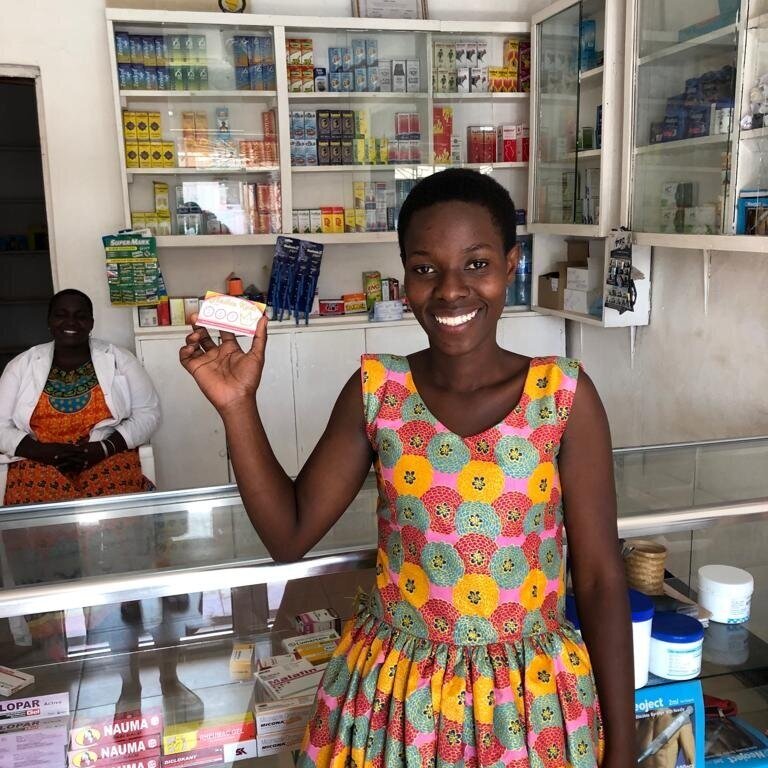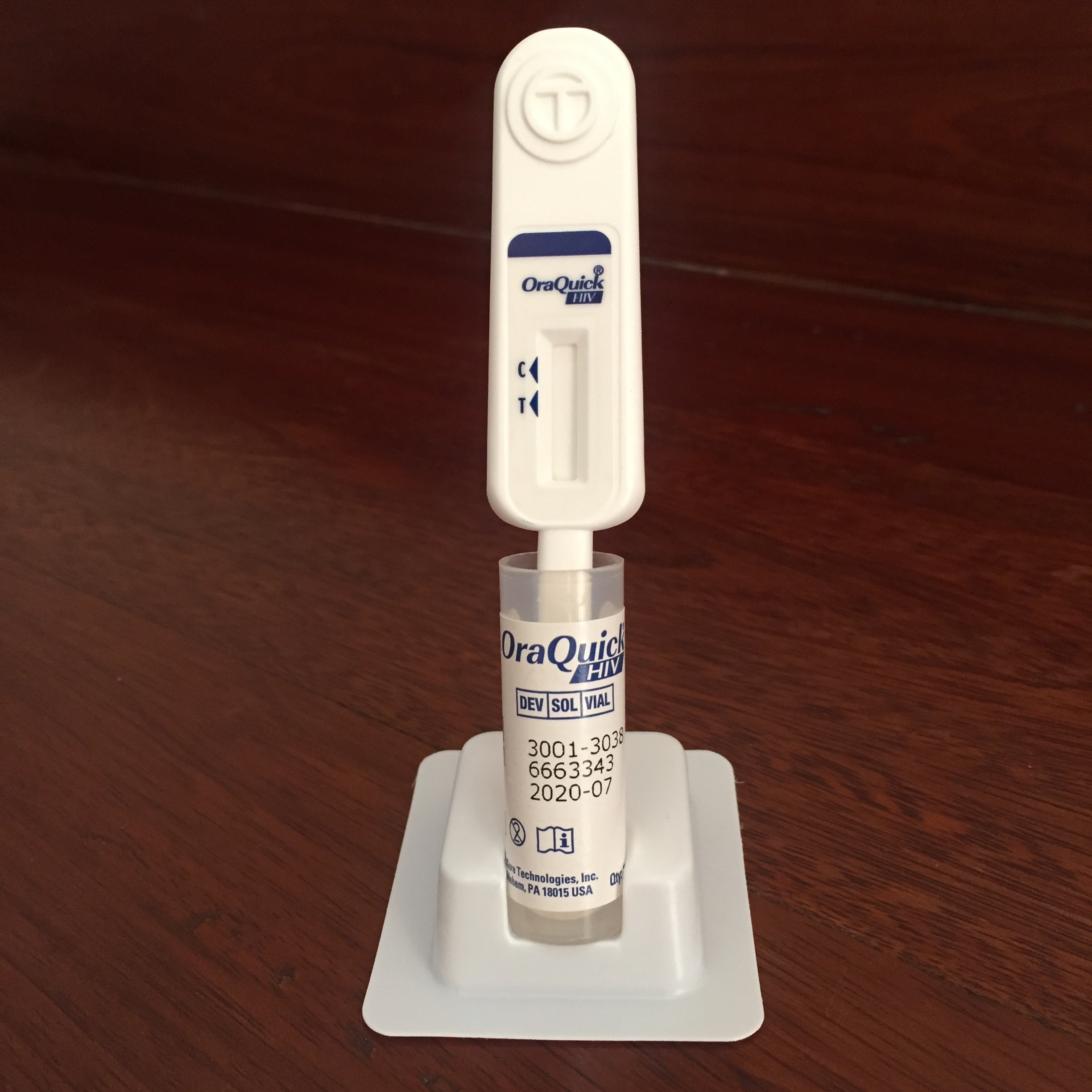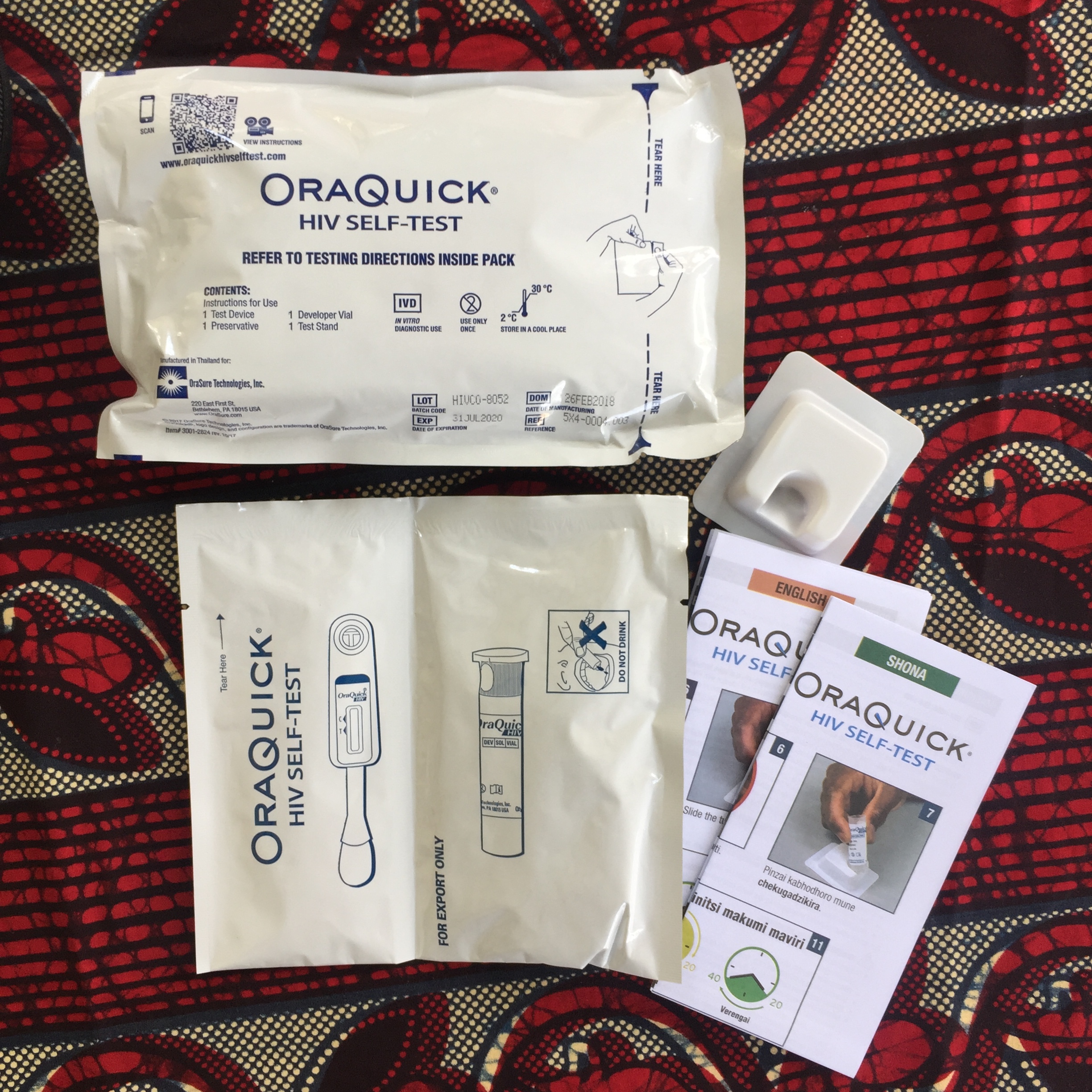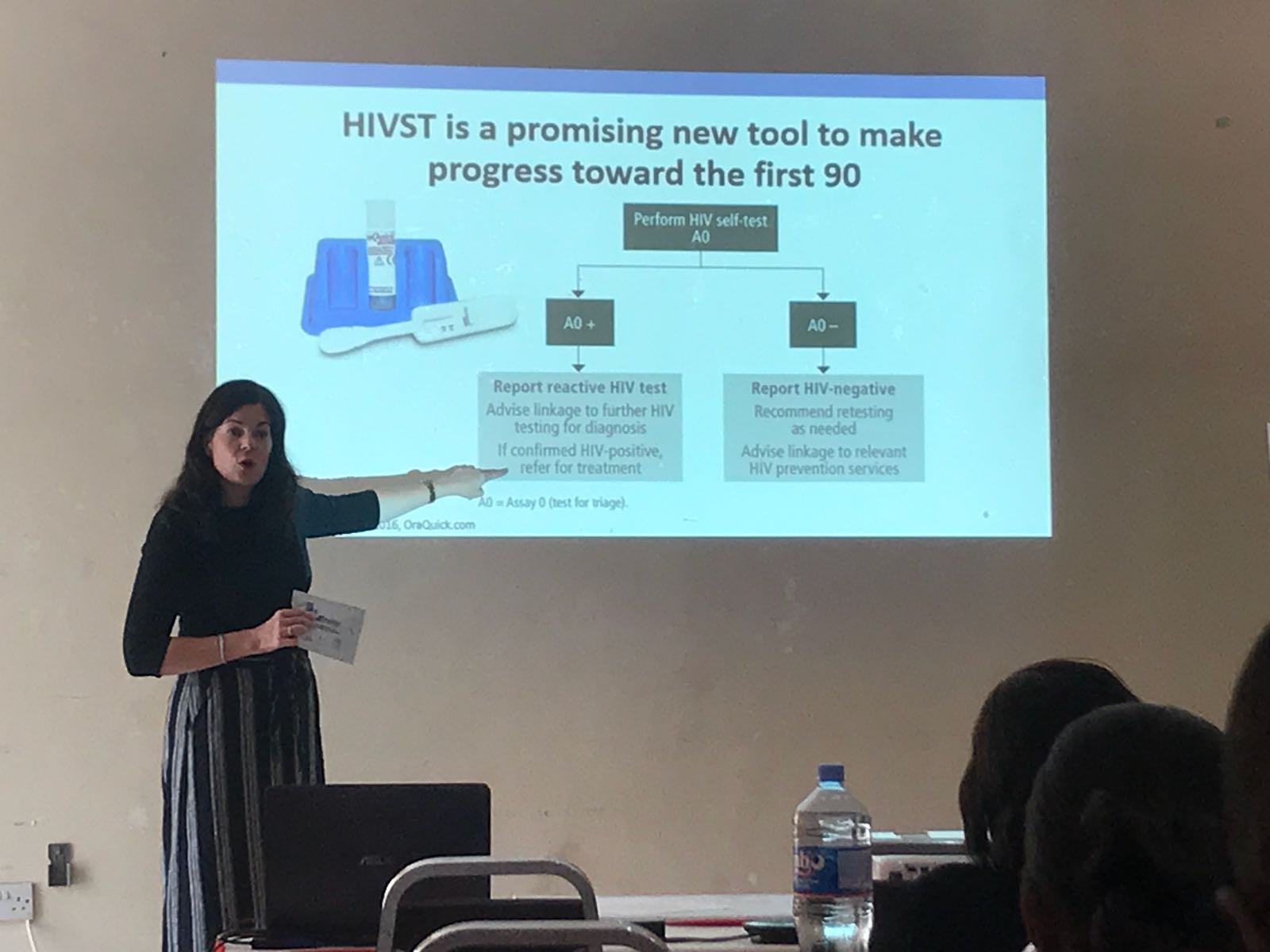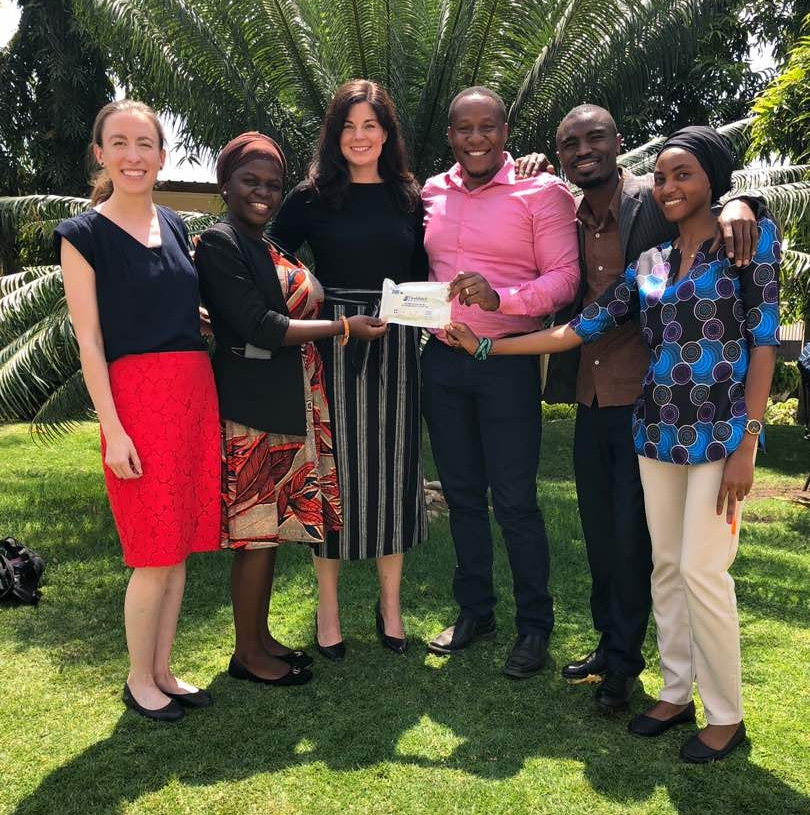Although our team specializes in rigorous evaluation of health programs, but we also love to design new interventions. Check out our Stanford Social Innovation Review article about the creation of more effective, equitable, and scalable sexual and reproductive health programs with design thinking and behavioral science: "Mapping design-thinking insights to evidence-based behavioral principles can reveal strengths and weaknesses in service design..... This worked well in our past work to drive HIV treatment adherence using patient-centered approaches, and we’ve continued to employ this approach to broader, market-blocking norms." Intrigued? Check out the full article to learn how to design for scale, thereby maximizing impact and access for vulnerable groups. Congrats to our amazing team that’s helped us build this model over many projects and years!
Malkia Klabu (“Queen Club”) is a loyalty program designed with and for young women (like this young woman from Shinyanga, who is on our Youth Advisory Board) to address multiple structural and psychological barriers to accessing sensitive health products. (Photo by Lauren Hunter)
